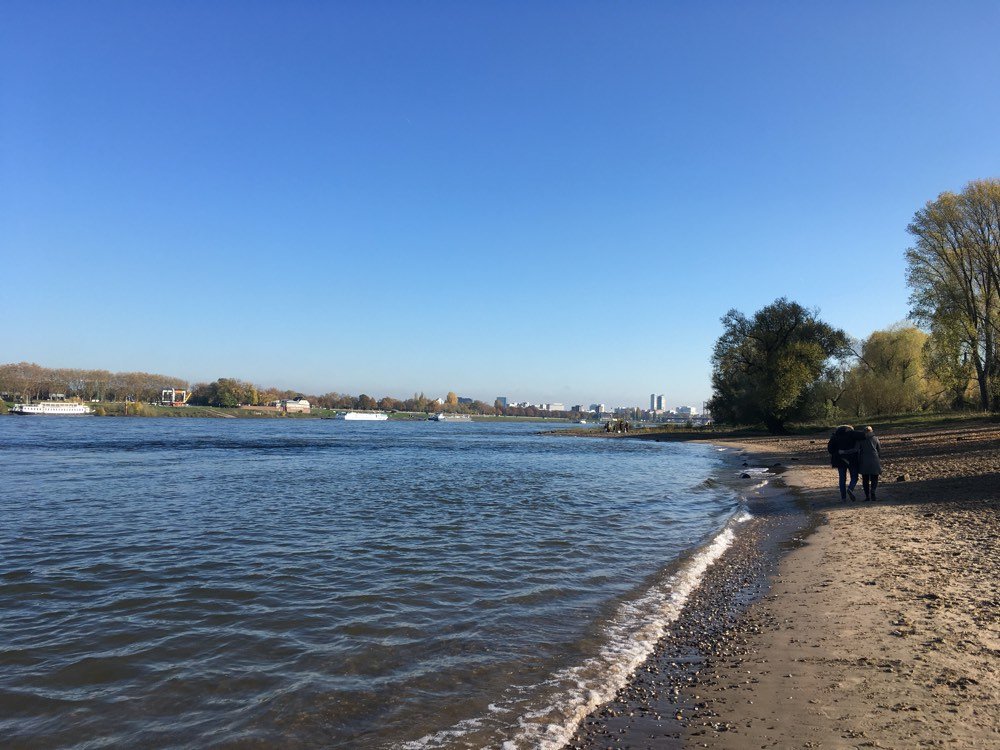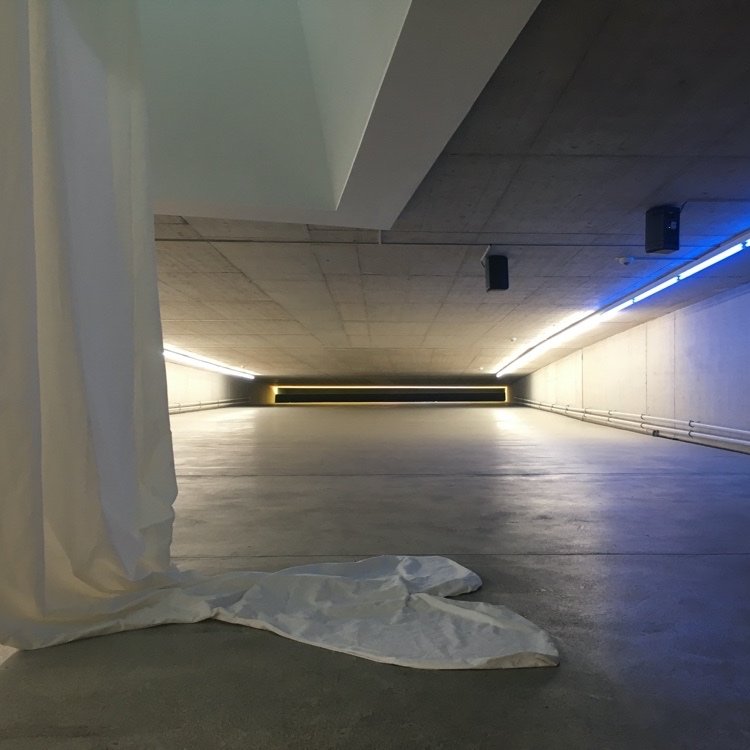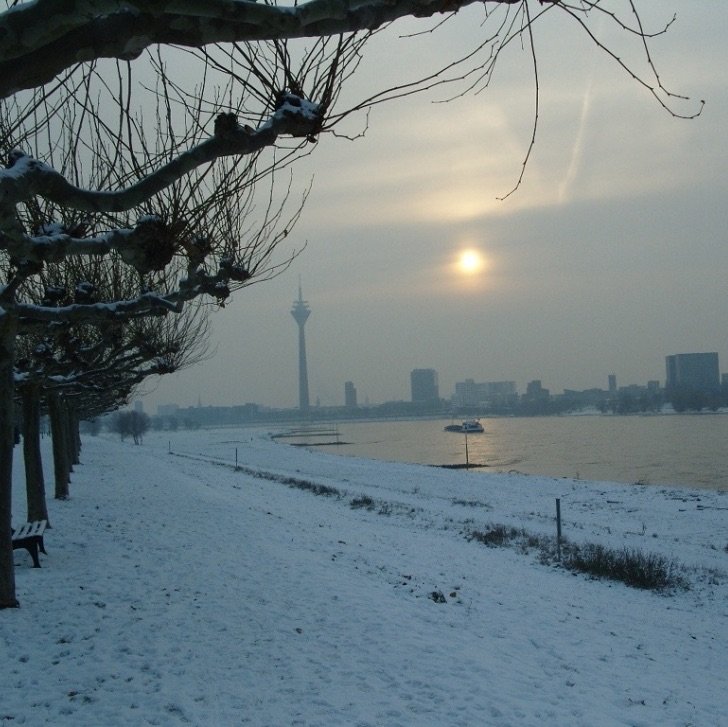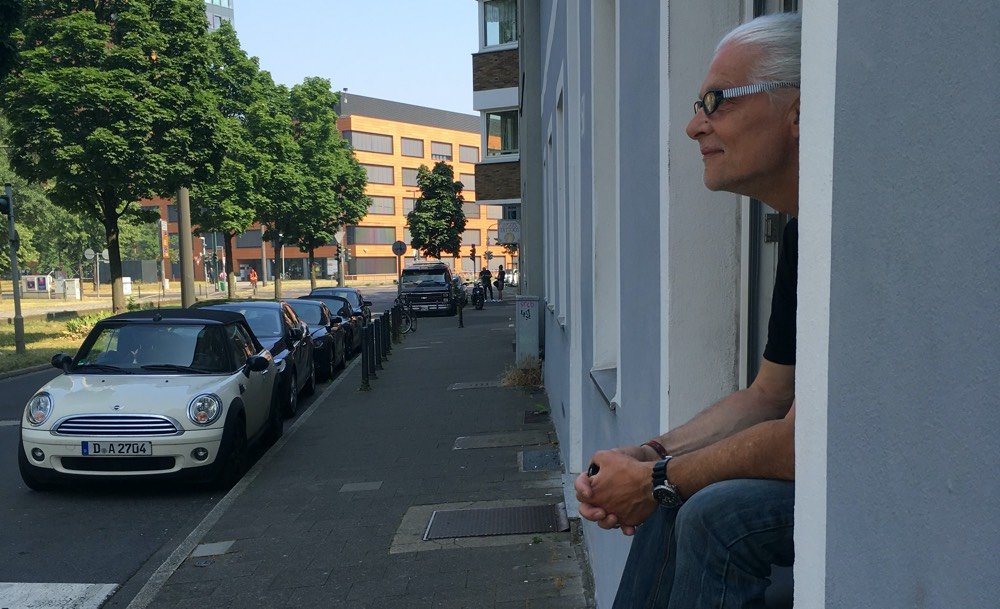LOCAL ELECTIONS IN DÜSSELDORF
The municipal election, Kommunalwahl, is an opportunity for democracy to prove itself every five years. An opportunity for residents in Düsseldorf to vote for council representatives, Wahl des Rates, district representation, Bezirksvertretung, and Mayor, Oberbürgermeister-in.
Checks and balances such as proportional representation apply to the elections. For the Lord Mayor or Mayoress every vote counts directly, representatives are selected also according to party preferences. Voting in local elections is open to expat residents from any EU country.
Politics
Election Insights IN DÜSSELDORF

European elections in Düsseldorf take place again on June 9 2024. Besides casting their municipal vote, most expats with EU nationalities can take part in these elections.
Non German citizens of the EU residing in Germany are permitted to vote in both municipal and European Parliament polling. They must, of course, be of legal age on polling day and fulfil other legal requirements.
Expats who are EU citizens entitled to vote who are registered in Germany can vote either in Germany or in their home Member State. If they wish to vote in Germany, they must apply to be entered in the electoral roll.
Voters are called to choose a total of 96 European legislators every five years. More recently the status quo has been upturned through the creation of several new political parties and more diverse manifestos. The turnout at the last election was slightly over 61% compared to an EU average of just under 51 percent. This was the fifth highest voter turnout by country and the third highest in Germany since 1979.
German Elections
Germans often struggle with the ever-increasing power their country has attained along with global expectations and demands placed upon their leadership in the world order. Most observers consider major topics in elections to be the continuity of social democracy, immigration, the Euro and the European Central Bank’s quantitive easing as well as trust in a strong leadership.
Direct nomination is balanced with party lists and proportional representation. When poll stations close, calculating the ensuing number of seats and possible coalitions in the lower house can be lengthy. The balance of power in the upper house reflects all parties in power in the sixteen German states.
EU legislation allows its citizens to vote in local and European elections held in the country where they are registered. In general elections expats are merely bystanders, even though they pay taxes and bring their skills and other influence to their chosen society.
Observers and polls regularly forecast the further rise of the AfD to enter parliament in a more widespread manner along with all the other aforementioned parties. Individuals and smaller minority parties stand for various elections, such as the the local and mayoral Kommunalwahl. Consequences for Germany, the relationship with France and the EU, the United Kingdom the Euro and major global policies can be expected whatever the election.
Political Parties in Germany
Two major parties offer slightly different versions of socially leaning leadership. The CDU or Cristian Democratic Union stands to the right of the SPD or Social Democratic Party. The choice is between their leaders. Angela Merkel has been around for a very long time. Her main opponent varies One is skilled as the incumbent but frustrates with procrastination, the other less known but respected for policy positioning.
Simplicity ends with the Bavarian political movement CSU or Christian Social Union. The perpetual partner of the CDU farther to the right in the political spectrum.
The liberal FDP or Free Democratic Party is small yet has played kingpin to share power in central government over several periods of legislation. It has lost direction and appeal to the populace for quite some time. The Green party is a creation of alliances over recent decades. It has also been a minor partner in coalition with the SPD to enjoy power in Berlin across the millennium.
The Left wing party has been around since reunification, achieving a fairly small but constant representation. The latest addition is the opportunistic AfD or Alternative for Germany. Formed only a few years ago, this party is on the far right, anti Euro, EU-sceptic, against immigration and Islam phobic. Several more small, sometimes radical, left and right leaning parties exist.
By Vincent Green / Updated Mar 15 2024
Der Bundeswahlleiter, Statistisches Bundesamt
Gustav-Stresemann-Ring 11
65189 Wiesbaden
+49 611 754 863

BEACHES IN DÜSSELDORF
To the surprise of newly arrived expats, some sections of the Rhine in Düsseldorf offer numerous beaches on both banks. The fine sand and shingle are ideal for walking, playing, relaxing and picnicking. Especially on warm and sunny summer days, people flock to enjoy the river.

MOVIES IN DÜSSELDORF
Original language movies are popular among expats in Düsseldorf. Films are frequently screened in English at a variety of cinemas in original with subtitles, known as OmU or Original mit Untertitel and without, portrayed as OV or Original Version.

WALKING IN DÜSSELDORF
A great way to get to know Düsseldorf is to take an inspiring and rewarding walk, allow impressions to cause a pause, interact and allow details to remain more memorable. Admiring quaint side streets, strolling the promenade, the riverside or numerous woodlands bring joy to the soul.
Society & Folk
Society and folk in Germany is often hotly debated and opinions divided. However, anyone who has experienced the hospitality offered in this culture knows more. Germans are more laid back than first meets the eye. Life in Germany as a whole and Düsseldorf especially is peaceful.





